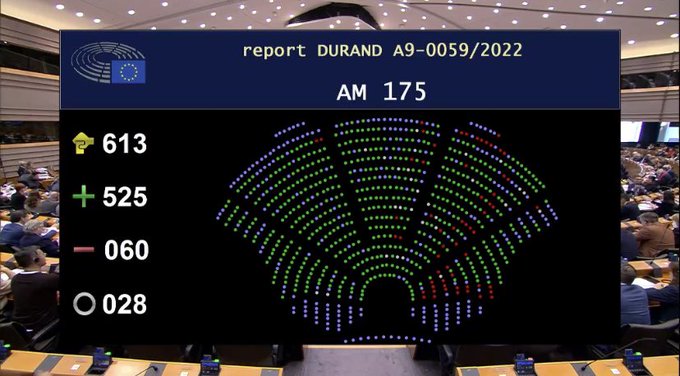Every fortnight, you can find on lepoint.fr a column by Sophie Chassatphilosopher and partner of WEMEAN.
Column by Sophie Chassat. - On September 20, a new "fundamental freedom" came into being: "the right of everyone to live in a balanced environment respectful of health." Enshrined by the Conseil d'Etat, this right can now be invoked as a "référé-liberté", opening up the possibility of asking the judge for an emergency measure if a serious infringement or failure on the part of the public authority is observed.

The 59th of our fundamental freedoms, it joins the freedom to come and go, the freedom of enterprise, the right to strike, the right of patients to give their consent, the right to emergency accommodation and the right to personal data protection. Its innovative nature has been emphasized, as has its victory dimension for environmental law. But is this really the case?
A first criticism is the powerlessness of all so-called "subjective" rights - in other words, the rights of subjects to obtain something: "I have the right to, I have the right to..." - all the more so when their list grows longer. - The philosopher and historian Michel Villey denounced the frustrations to which this overabundance of subjective rights leads, "serving above all to maintain a flood of claims that are impossible to satisfy, and which, when we come back to reality, leave people bitter and disappointed. He used the example of the right to work, which nonetheless leaves millions of unemployed on the sidelines. Will the "right to" a healthy environment prevent environmental degradation and the consequent deterioration in human health? And what about our "duties" towards nature?
It should also be noted that, far from being a right TO the environment, this fundamental freedom remains a right OF man TO the environment. In other words, we are not moving away from an approach that sees us as "masters and possessors of nature": it's a right to enjoy a healthy environment, but by no means a right to nature itself. Law is always the reflection of a certain conception of the world, of society and of mankind: the formulation used here has failed to register the mutations that are taking place in the way we conceive our links with nature and the status of the latter.
But legal innovations do exist! Since the beginning of the 21stcentury , the recognition of rights to natural entities has multiplied: in 2008, the Ecuadorian Constitution recognized Nature (or Pachamama) as a subject of law; in 2010, Bolivia passed a law on the rights of Mother Earth; in 2017, New Zealand passed a law recognizing the Whanganui River as a subject of law, while in France, Corsican associations published a "Declaration of the Rights of the Tavignanu River" in July 2021. All these initiatives illustrate what writer Camille de Toledo calls a "terrestrial legal uprising".
On September 26, a company even appointed Nature to its Board of Directors - a world first! From now on, one person on the Board of the "Faith In Nature" cosmetics brand will be responsible for representing Nature's interests and carrying its voice, via a mechanism of legal guardianship, which implies recognizing Nature's legal personality. One Nature, One Vote!
There's no doubt that environmental issues will raise thorny legal questions and generate fascinating philosophical debates in the years ahead. Our conceptions of the world are changing: the question is to know what innovations in law and governance will accompany them.


